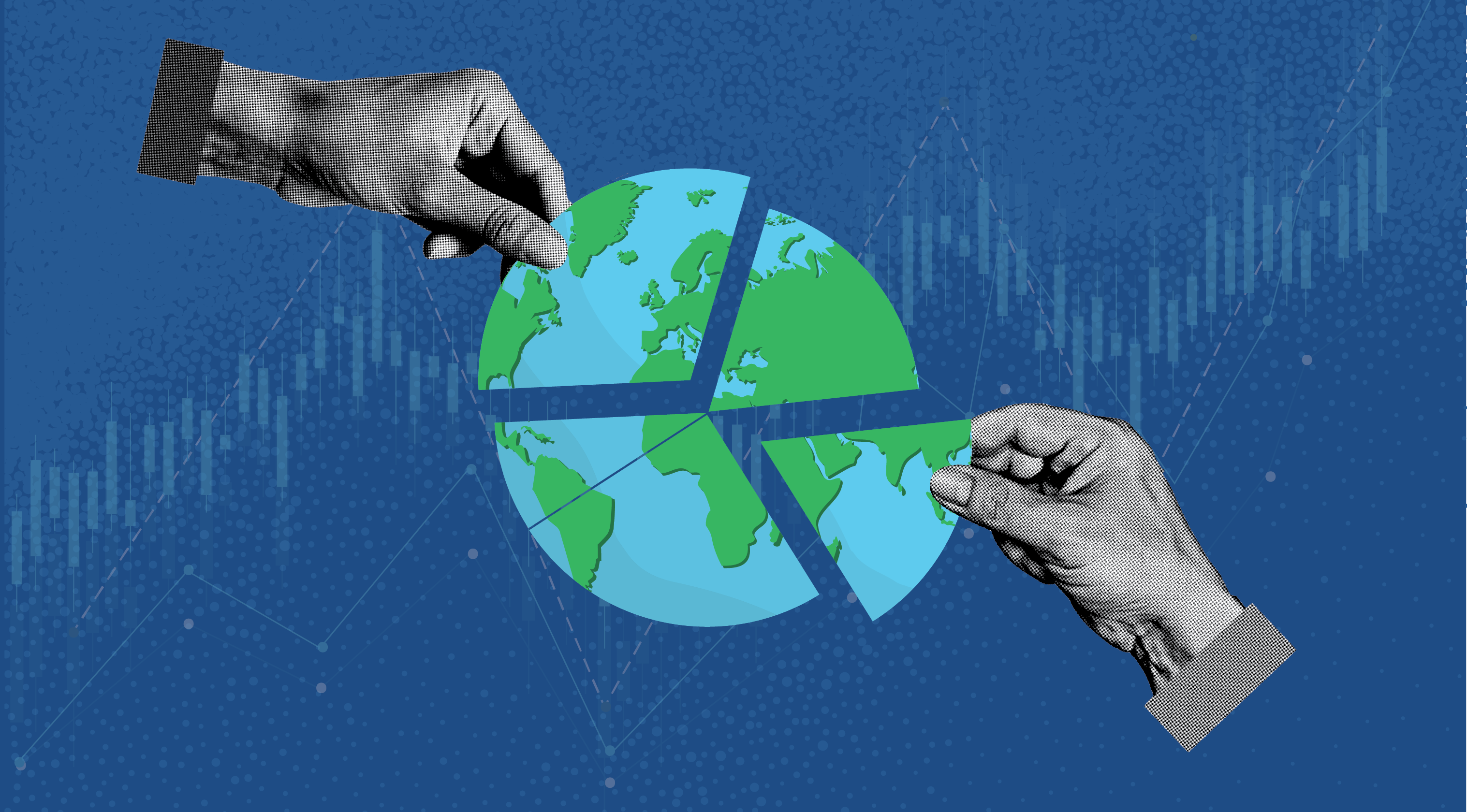Critical Materials Disrupted by War? Asia-Based Agents Offer Immediate Alternatives
In times of global conflict, supply chains are among the first victims. Wars disrupt the movement of raw materials, close borders, increase export restrictions, and create unpredictable lead times. For U.S. businesses, especially in manufacturing, the consequences of these disruptions can be catastrophic—halted production, unmet contracts, and lost revenue.
One of the most effective safeguards against such shocks is working with a bestsourcing agent. These professionals provide U.S. importers with the ability to respond to raw material disruptions by instantly pivoting to alternative sources in Asia’s vast and diversified production network.
How Wars Are Disrupting Critical Material Flows
Modern manufacturing depends on a wide range of critical materials—rare earths, aluminum, copper, steel, lithium, and specialty polymers. Many of these originate from regions affected by military conflict or political instability.
In war zones or adjacent areas, export bans are common. Port shutdowns, transport strikes, and sanctions can also prevent timely access to materials. This has been evident in the current wave of conflicts affecting trade routes across Eastern Europe, the Middle East, and parts of Africa.
Manufacturers in the U.S. have already seen longer lead times and sharp cost increases. That makes working with a bestsourcing agent asia more essential than ever. These sourcing professionals respond to material disruptions in real time by engaging alternate suppliers across multiple Asian countries.
Why Asia Is the Go-To Backup for Critical Material Needs
Asia remains the global hub for a broad range of manufacturing inputs. Whether it’s semiconductor-grade chemicals from South Korea, textiles from Bangladesh, or battery components from Indonesia, the region offers a diversified and scalable supply base.
A bestsourcing agent with direct factory access in countries like Vietnam, India, China, or Malaysia can quickly source replacement materials. Even when one supplier goes offline due to global tension, there are often several backup options within the same country or in a neighboring one.
Asia-based agents help buyers avoid the high costs of scrambling for raw inputs at the last minute or overpaying intermediaries. They manage everything from price negotiation to compliance documentation—streamlining an otherwise chaotic transition.
Real-Time Market Intelligence for Quick Swaps
Speed matters when critical materials are blocked. A delay of just one or two weeks can halt a production line or breach a delivery contract. The strength of a bestsourcing agent asia lies in their access to real-time market data. They monitor factory capacities, shipping constraints, and local pricing on a daily basis.
Armed with this intelligence, they can immediately inform U.S. buyers of alternate options and help lock in new sources. This rapid response is only possible with on-the-ground knowledge—a capability that internal procurement teams rarely possess at this scale or regional depth.
Examples of Critical Material Alternatives in Asia
1. Rare Earths & Magnets
If China restricts exports due to political conflict, agents in Vietnam or Malaysia can help locate alternative smelters or magnet assemblers.
2. Lithium and Battery Components
With instability affecting some South American or African suppliers, sourcing agents can pivot to Indonesia or India where lithium-ion production is scaling rapidly.
3. Aluminum & Steel
During trade route blockages in Eastern Europe, Asia-based agents identify mills in Thailand, South Korea, or Taiwan that continue to operate at full capacity.
4. Technical Textiles
Textile exporters in Bangladesh and Pakistan have become backup sources for apparel brands affected by war-related closures in other countries.
Sourcing Agents: More Than Middlemen
A professional bestsourcing agent is not a broker. They are strategic partners that manage end-to-end sourcing operations. When materials are disrupted, they don’t just recommend alternatives—they coordinate:
-
New supplier audits
-
Contract renegotiation
-
Quality checks
-
Logistics rerouting
-
Customs documentation
They ensure the new material meets regulatory standards, especially for controlled imports into the U.S. like pharmaceuticals, automotive parts, or aerospace-grade metals.
Managing Price Volatility and Cost Surges
War-related disruptions usually result in sudden price spikes. Local suppliers often take advantage of shortages by hiking prices. Without local negotiation support, buyers can fall prey to inflated costs or scams.
A bestsourcing agent negotiates from a position of regional expertise. They understand fair market rates and know which suppliers have genuine availability versus those exploiting a temporary situation. This oversight helps buyers avoid inflated quotes and ensures contracts are based on realistic delivery timelines.
Keeping Manufacturing Lines Running in the U.S.
A delay in materials upstream causes a domino effect in downstream production. U.S. manufacturing teams rely on seamless coordination to keep assembly lines running. One missing material—from adhesives to capacitors—can halt an entire production batch.
By engaging a bestsourcing agent asia, businesses build resilience into their sourcing strategy. Agents maintain constant communication with factory leads, ensuring any potential delay is flagged early and alternate suppliers are engaged before a line is shut down.
Why U.S. Firms Are Reassessing Their Risk Exposure
The world is now in an era where geopolitical risks are a long-term factor. U.S. companies that depend on stable material supply must evolve their sourcing strategies. Rather than relying on a single country or supplier, they need contingency built into every part of their procurement workflow.
Working with a bestsourcing agent offers exactly that. It’s not just about filling gaps—it’s about designing supply chains for durability in the face of global instability.
Final Thoughts
War is unpredictable, but your sourcing strategy doesn’t have to be. Whether it’s materials for semiconductors, packaging, electronics, or textiles, disruptions are now part of the global business landscape. The difference between resilience and risk lies in preparation.
A bestsourcing agent asia gives U.S. importers the flexibility, speed, and local intelligence needed to weather material shortages. By leveraging Asia’s diversified manufacturing base, these agents ensure businesses continue to move forward—even when the world stands still.

